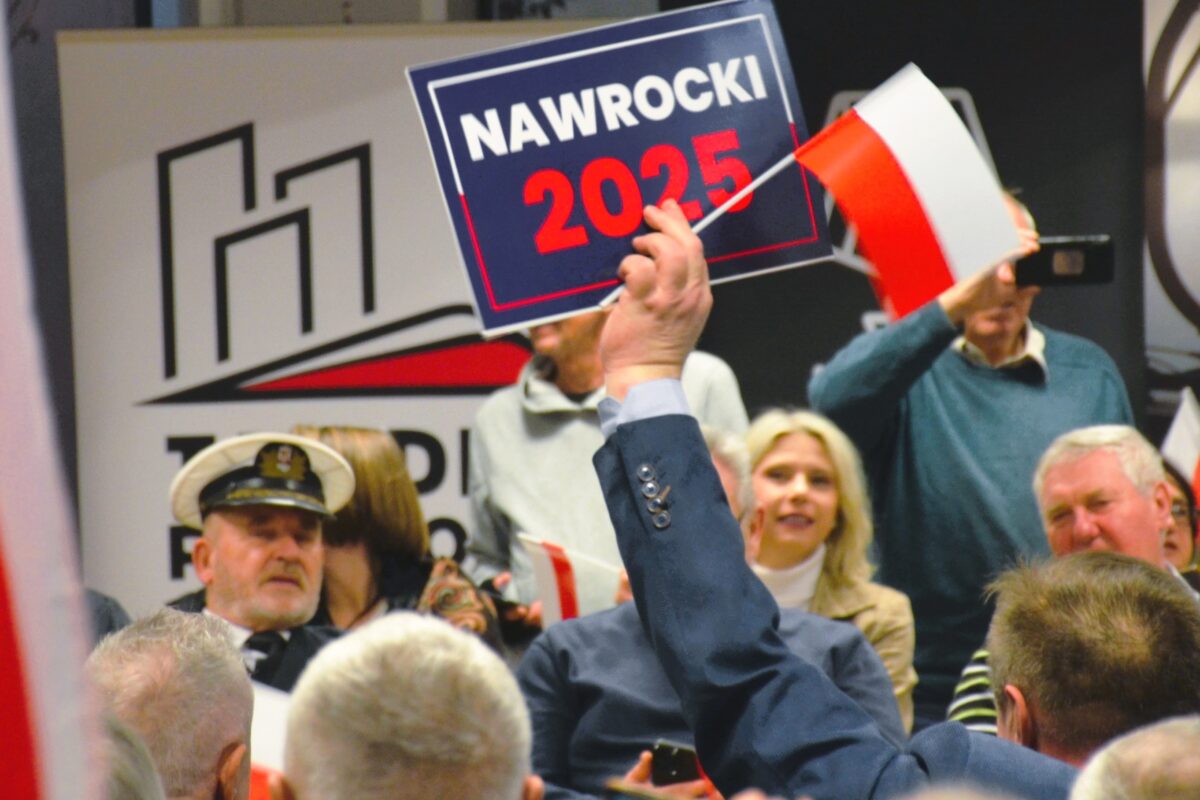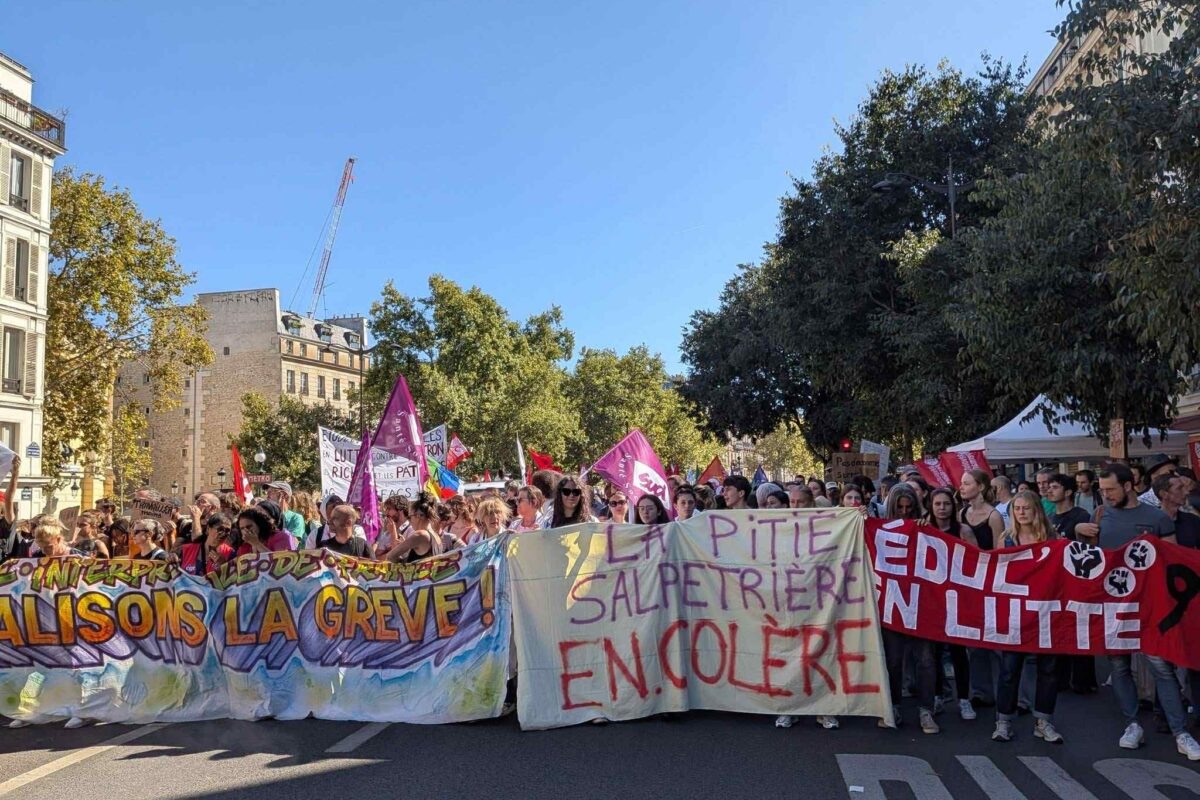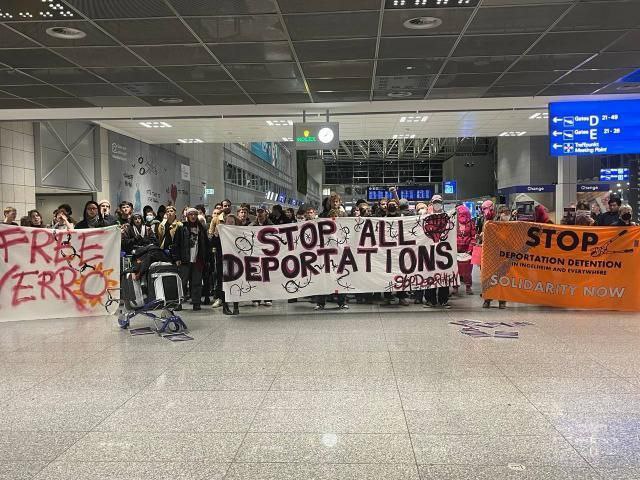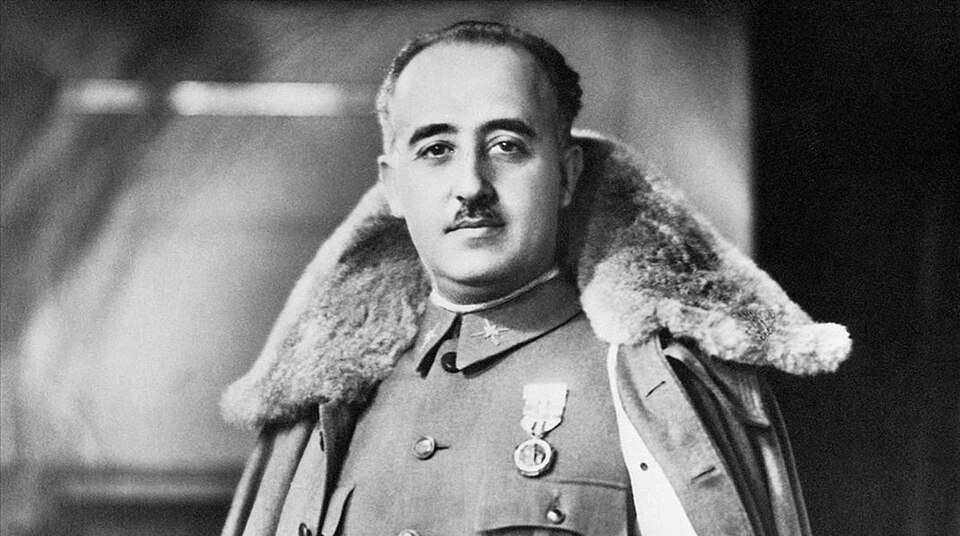On the evening of June 1st, a sliver of hope appeared among those who wished for a president backed by a party other than Law and Justice (PiS), as the exit polls initially showed a narrow 0.6% win for the Civic Coalition (KO) candidate. The final results, however, revealed a different story: the conservative Karol Nawrocki won the election with 50.89% of the votes, beating his rival Rafał Trzaskowski, the liberal Warsaw mayor backed by the KO, by a difference of 369,591 votes.
The presidential elections, and in particular the second round, shed light on the ongoing political duopole in Polish politics. Over the past two decades, voters have usually faced the choice between the center-right and the far-right. PiS or KO. Many feel not represented, but defeated, discouraged by the “lesser evil” rhetoric. Passing big reforms will remain difficult due to the president’s right to veto governmental legislations. Having an ideologically opposed president in office has already impeded the centre-right government elected in 2023.
On one hand, the new president-elect is a conservative historian who has presided over the Institute of National Remembrance (IPN) since 2021. The institute had been criticized for its alignment with a right-wing political narrative. Its one-sidedness amounts to the glorification of nationalist figures and sentiments, simultaneously erasing left-wing antifascist historical movements under the guise of “fighting communism.” His rival, on the other hand, although liberally aligned and with the experience of holding an important position as the capital’s mayor, did not refrain from using exclusionary talking points. Trzaskowski expressed support for the wall built on the Polish-Belarussian border keeping refugees from entering the country, opposed same-sex couples having the right to adopt—Poland is yet to see any legislation regarding same-sex marriage or civil unions, despite the topic being used in previous KO campaigns as early as 2011—and prioritized real estate developers over addressing the social housing issues in Warsaw.
As expected, European right-wing populists expressed their support for the emerging leader. Viktor Orbán, the Hungarian illiberal prime minister, congratulated Nawrocki on his “fantastic victory” and announced he is looking forward to working with him. For Marine Le Pen, the leader of the French far-right National Rally, Nawrocki’s win signifies a “disavowal of the Brussels oligarchy” and is thus good news. Backed by Trump and the MAGA movement, Nawrocki possibly opens the door for the Trump administration to influence Polish politics in times of uncertainty. These nascent cooperations might have a negative impact on Poland’s recently strengthened position within the EU and beyond.
Not only did Karol Nawrocki’s campaign center conservative Catholic values, anti-immigration, and anti-climate policy stances, but his opposition to Ukraine’s entry into the EU bloc could also impact the support for Ukrainian independence. Although the Russian aggression on Ukraine seemed to unite Poles in their support, recent months have shown a surge in xenophobic, anti-Ukrainian rhetoric. This poses a chance for far-right politicians like Nawrocki to harvest these sentiments and channel them into deepening exclusionary narratives, swaying the EU’s pro-Ukrainian position in the long run.
What is worrying is the fact that, in the first round of the presidential elections, ultra-conservative far-right candidates (excluding Nawrocki) received over 20% of the votes combined. One of them, Sławomir Mentzen from the libertarian party Konfederacja, received 15% of the votes. Although he did not officially encourage his sympathizers to vote for Nawrocki in the election’s second round, polls show that 90% of those who voted for him gave their vote to Nawrocki in the run-off. Without a doubt, Nawrocki’s anti-Ukrainian rhetoric echoed Mentzen’s postulates and helped him win over Mentzen’s voter base, which mostly consists of younger men.
In 2017, Nawrocki, then director of the Museum of the Second World War in Gdańsk, reportedly vouched for Grzegorz Horodko, a neo-Nazi skinhead, after he was arrested in Denmark for allegedly attacking police after a Poland-Denmark football match. Horodko, associated with the illegal organization Blood & Honour, sports convictions for assault and visible Nazi tattoos. Nawrocki’s spokeswoman did not deny the report, and Nawrocki himself stated during a press conference that “Every citizen of the Polish state who is beaten by the police will be able to count on the help of President Karol Nawrocki.”
Exposures of Nawrocki’s connections with the criminal world were an important element of the campaign. The media discovered, among other things, that the candidate, under the pseudonym Tadeusz Batyr, published a book about Nikodem Skotarczak, known by the pseudonym “Nikoś,” a gangster in the Tri-City on the Baltic Sea (Gdańsk, Gdynia, and Sopot). Wyborcza also reported that at least three people from Karol Nawrocki’s social circle were connected to the activities of the most famous escort agency in the Tri-City. They were accused of such crimes as profiting from someone else’s sex work, drug trafficking and extortion—one of them is the same individual for whom Nawrocki was supposed to vouch after the Poland-Denmark match. In the final stages of the presidential campaign, Wyborcza published an article revealing how Karol Nawrocki helped a sex offender and took over his apartment, which he did not pay for in full and in the end donated to an NGO.
The now reinvigorated far-right movement threatens to further entrench conservative values and potentially isolate Poland from its European allies. As Karol Nawrocki assumes the presidency, Poland stands at a crossroads, potentially facing significant internal shifts towards increased conservatism and a re-evaluation of its external alliances. The support Nawrocki garnered across the European far-right, combined with his contentious past, suggests a future where Poland’s role in the EU will face increasing pressure. His ties to far-right elements, coupled with a history of leveraging state institutions for a nationalist narrative, indicate a challenging road ahead for democratic norms.
For those hoping for a progressive path, Nawrocki’s victory signals a critical need for sustained resistance and vigilance in defending fundamental rights and a pluralistic society. Especially women, as well as LGBTQIA+ people, especially trans people, will face further repressions. This is partly due to PiS’s anti-genderist policymaking, including the de-facto abortion ban in October 2020 backed by a party-aligned Constitutional Tribunal, and partly due to the current government under PM Donald Tusk not showing any effort to protect the vulnerable groups.
This election, propelled by a worrying surge in far-right sentiment and a willingness to appeal to divisive rhetoric, serves as a stark warning: it demands a clear-eyed assessment of the challenges ahead and a determined effort to safeguard progressive values. For the left in Poland and across Europe, this outcome underscores the urgent need to counter rising fascism with a unified vision of robust resistance.




